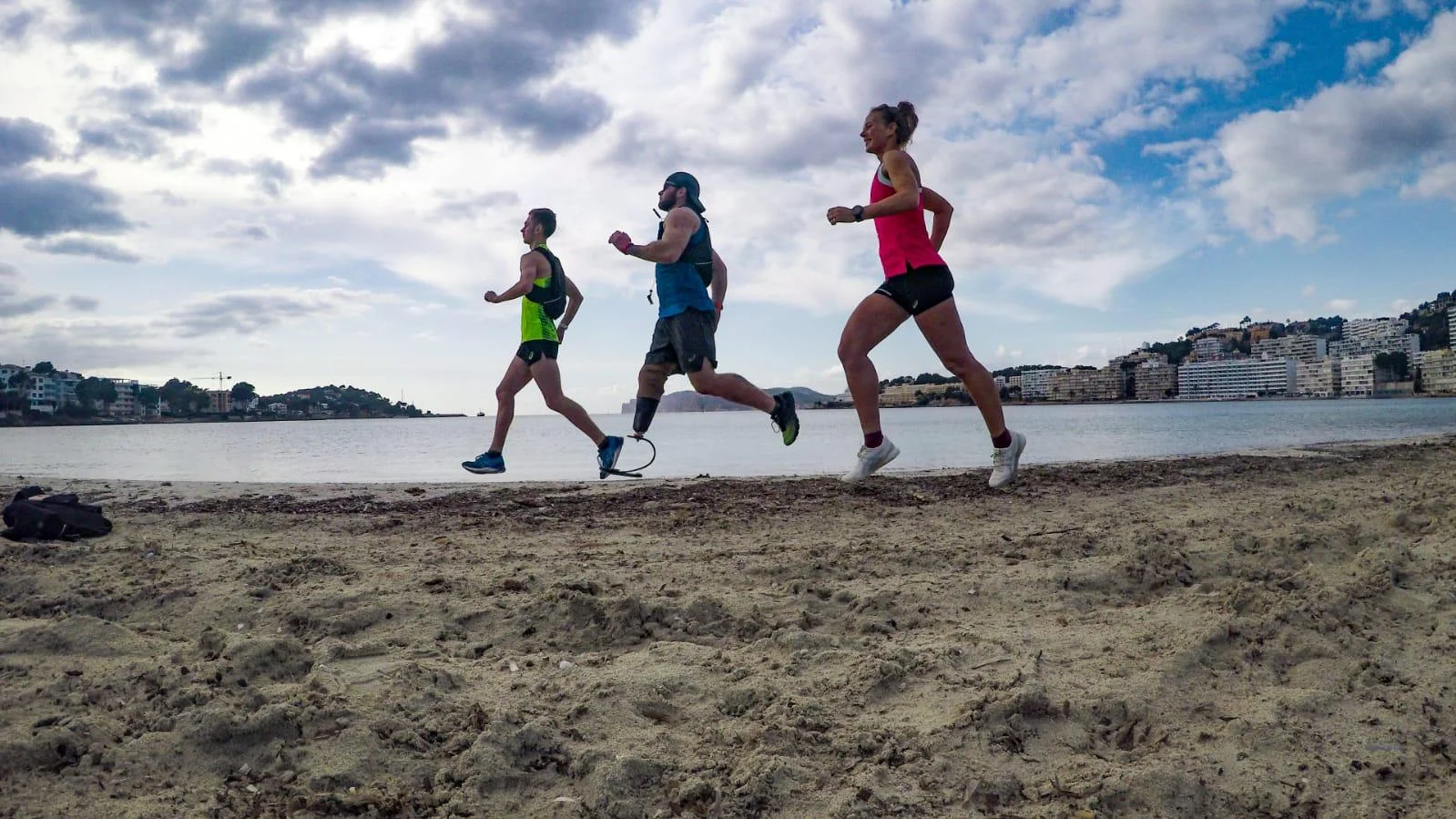Body Positivity as an Amputee
Body Image - how we think and feel about our bodies. Ever-evolving and heavily influenced by others and the media. Rewind back to the 19th century where amputees were being marketed as freaks within the circus, we as a society have certainly come a long way. It wasn’t until the promotion of the London 2012 Paralympic games where we saw those with limb differences were actively being promoted with their positives. However, with even the promotion of body-positivity and difference, amputees are still struggling with the mental health implications of body image.
Just an Amputee’s Issue?
According to The Mental Health Foundation (1), 20% of adults have felt shame, with 19% feeling disgusted because of their body image. Additionally, over 1/3rd of adults have stated that they have felt anxious or depressed due to their body image. These shocking statics, taken from the average population really highlights the need for more body positivity and a representation of ‘different’ bodies within the mainline media.
It’s safe to say that body image isn’t just an amputee’s issue. However when stacked on top of the other issues that amputees (especially new amputees) face, such as discrimination, housing accessibility issues, employment and finances, it can severely affect the mental health of that individual.
My Personal Journey with Body Image
Approachable, friendly and confident are all attributes that I aspire to achieve through my approach to life and social media presence: These are all certainly true and relatively stable however my confidence regarding my amputation does vary depending on how I am feeling on a given day.
Previous to my amputation, my body confidence was relatively low as I felt as though I was ‘stuck’ with a limb that wasn’t working for me. I felt self-conscious about the size and colour difference between my legs and I felt as though I was being analysed when I was a wheelchair-user as one of my legs looked very unusual.
I’m very fortunate to have elected for my amputation which allowed me to fully prepare how I thought I would see myself post-amputation. For a lot of people, they really struggle to look at their amputation site but with years of mental preparation, I was fully equipped.
Since my amputation, my body confidence increased significantly and even to this day, I very happily and proudly wear shorts most of the time. I’m seen by society as an active amputee and as I walk and run faster than most able-bodied individuals, I whizz past most of those who would stare.
In contrast, when I am feeling quite tired following an event or with general leg discomfort, I am very self-conscious if I limp slightly. The wandering eyes of the public and pointing hands of children significantly affect how I feel about my body. In the past few weeks, my legs haven’t been feeling particularly great so for one of my shifts at work, I was using crutches while I was wearing trousers. While I was wearing my prosthetic, I felt great however as soon as I removed my leg, I suddenly felt extremely self-conscious of people’s stares.
When I am active and being seen as an ‘able-bodied amputee,’ I feel confident and happy within my body. On the flip side, when I am seen by society as disabled and unable to perform certain tasks, I suddenly have negative feels about my body image.
Regardless of amputee body positivity campaigns and positive role models, humans are bound to stare. There’s no doubt that campaigns are necessary however perhaps there should be more support out there for those suffering with body image issues to help manage.
Support For Those in Need
If you are, or know someone who may be struggling with amputee-related body image issues, here’s how you can support them/yourself:
Give yourself the time and space to come to terms with your (potentially) new body. Time is a real healer as a new amputee so allow yourself to feel the emotions and ride the wave until you’re ready to talk to someone.
Seek support if/when you need it. There are so many people out there who are willing to listen when you’re ready to talk. Whether it’s your GP, an amputee charity or generally counselling, there are organisations who are really willing to support you.
Switch off from social media scrolling or start following those with similar differences. Actively search for other amputees to inspire you and give you some body positivity.
(1) https://www.mentalhealth.org.uk/publications/body-image-report/exec-summary


